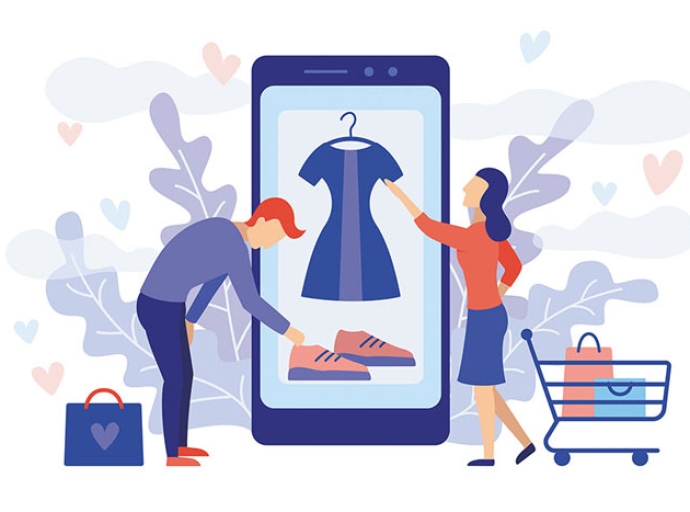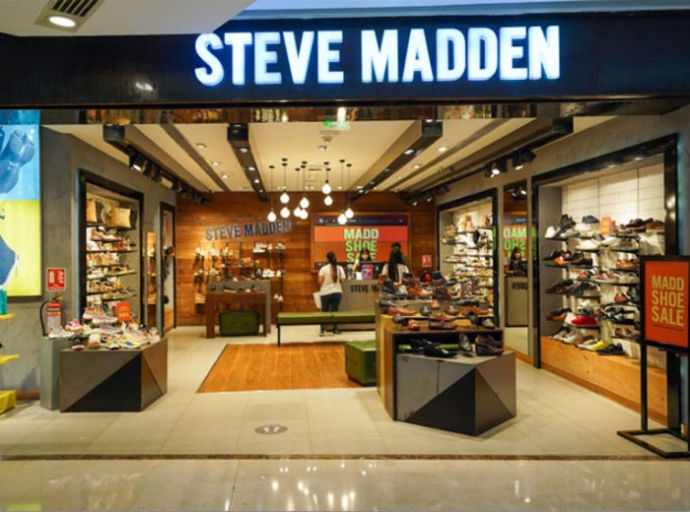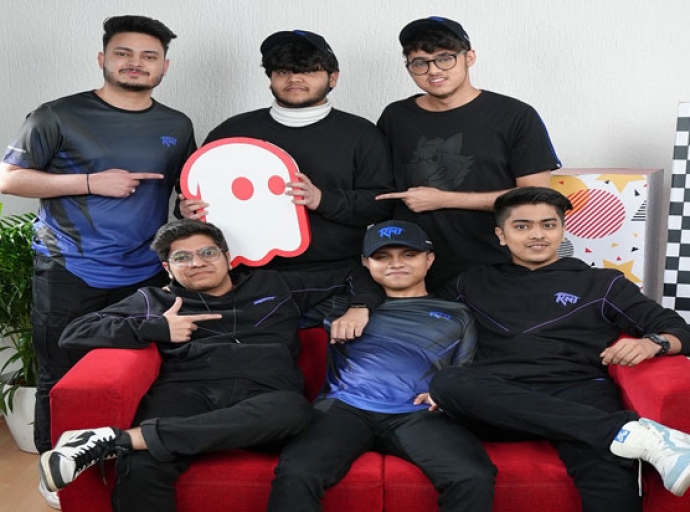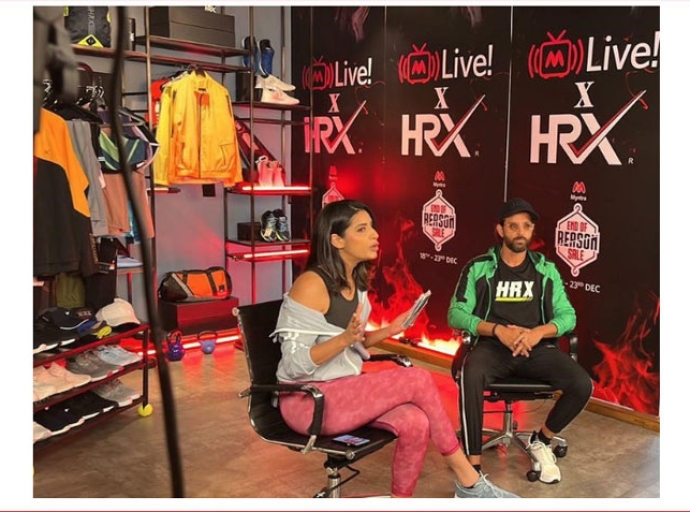27 December 2021, Mumbai:
The shares of Go Fashion corrected nearly 6 per cent to Rs 1057.05 per share around 12.10 pm on the BSE on Monday, the day anchor investors' deadline to sell shares ended. On the lock-in expiry day of Go Fashion, the shares were trading at Rs 1068.00, down Rs 62.30 or 5.51%, on the BSE.
Traditionally, such stocks on an average have seen prices declining on the anchor opening date and further decline have been witnessed in such shares in the next five trading sessions, as per Edelweiss research report.
As many as 66.1 lakh shares were subscribed at the rate of Rs 690 per share, said Zee Business TV report. On November 16, as much as 12.2% of outstanding shares worth Rs 546 crore were allotted to 33 anchor investors, it said.
Fidelity Fund (combined) held maximum13.16 percent of the total anchor book, followed by the Government of Singapore (12.90%), Nomura India Fund (7.67%), Abu Dhabi Investment Authority (6.58%) and Monetary Authority of Singapore (2.45%)
The shares of Go Fashion were listed at Rs 1310 per share on the NSE on November 30, 2021. At current share price of Rs 1057, shares have corrected nearly 19 per cent from the listing price on the NSE. Go Fashion shares were listed at around 90 per cent higher premium to Rs 1316 per share on the BSE.
With this, anchor investors' lock-in expiry in 10 stocks concluded this month. FSN Ecommerce Ventures, FINO Payments Bank, SJS Enterprises, PB Fintech, Sigachi Industries, One 97 Communications (Paytm), Sapphire Foods, Latent View Analytics and Tarsons Products were the stocks which witnessed anchor investors' share sale deadline ending earlier this month. Go Fashion was the last scrip to see the anchor investors' deadline lifting.
There are two more stocks that will see anchor investors' deadline to sell shares lifting this month.
Incorporated in 2010, Go Fashion (India) Limited is one of the largest women's bottom-wear brands in India. The company is engaged in the development, design, sourcing, marketing, and retailing of a range of women's bottom-wear products under the brand, 'Go Colors'.
ZEE BUSINESS (The news article has not been edited by DFU Publications staff)
Dear Reader, we at DFU Publications are committed to providing the latest news updates on trade development and insights, to keep our readers informed. Stay tuned. Subscribe to our newsletter.
DAILY NEWS:







































